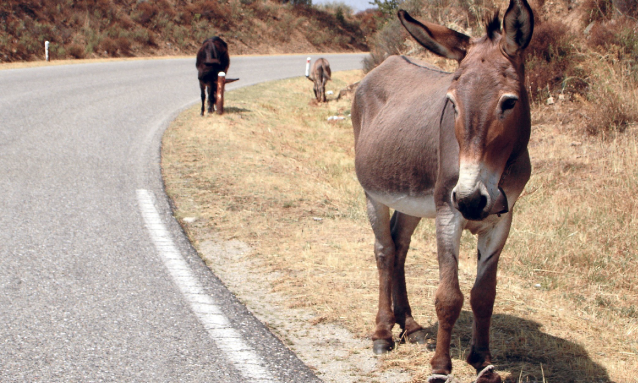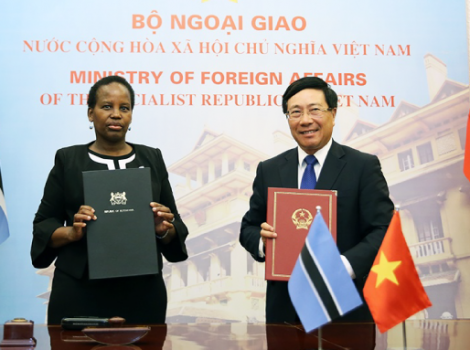
The Government has dismissed any suggestions that they could tap into the rising donkey meat market in China.
In recent years, there’s been a sharp rise in the demand for donkey hides in China, where they are used to make an ancient health-related product called ejiao. Ejiao made from collagen extracted from donkey hides mixed with herbs and other ingredients to create medicinal and health products. It’s believed to have properties that strengthen the blood, stop bleeding and improve the quality of both vital fluids and sleep.
Ejiao sells for about US$783 per kilo and the Chinese market for it has increased from about US$3.2 billion in 2013 to about US$7.8 billion in 2020. The demand for ejiao has led to a shortage of donkeys in China and increasingly worldwide. Countries in Africa have been particularly affected.
The Ministry of Agriculture Permanent Secretary, Nancy Chengeta told the Sunday Standard that there are no plans to resume the export donkey products to China after it was halted due to bad animal welfare practices.
“There are no plans to export donkey hides to China. You will remember that at some point, the government decided to halt the arrangement because of how China slaughtered these donkeys and the fact that it did not comply with our livestock practices,” she said.
Chengeta further stated that local farmers have also not approached the government lobby to be allowed to export donkey hides.
“We have not been approached by local farmers and at this point, there is nothing compelling us to bend to Chinese demand for donkeys,” stated Chengeta.
She noted that they are reluctant to export due to the low population of donkeys in the country.
“If any local farmer were to approach the government with a request, an export permit can be arranged. The government would never take the lead and encourage citizens to export donkey hides because that would mean setting up a donkey abattoir,” added Chengeta.
Chengeta also highlighted that pursuing the exportation of donkey hides would be an expensive exercise, one that needs a thorough analysis.
She also said previously, when the arrangement for donkey hides exports was in place, it was done by Chinese residents.
“As government, we cannot stop anybody exporting the hides, but it would have to be justified because what we see cannot be considered enough to be exported,” said Chengeta.
In 2017, The Ministry spokesperson, Geoffrey Pheko said the government had “noted with concern the indiscriminate and cruel slaughter of donkeys for their hides, which are exported to markets in Asia.”
“In this regard, the issuance of all licenses relating to donkeys and their products for export purposes is suspended indefinitely with immediate effect,” said Pheko
Pheko urged farmers to “stay vigilant, keep a close eye on their donkeys and report any suspicious illegal trade on live donkey, donkey meat and donkey hides to the nearest government officials.”



